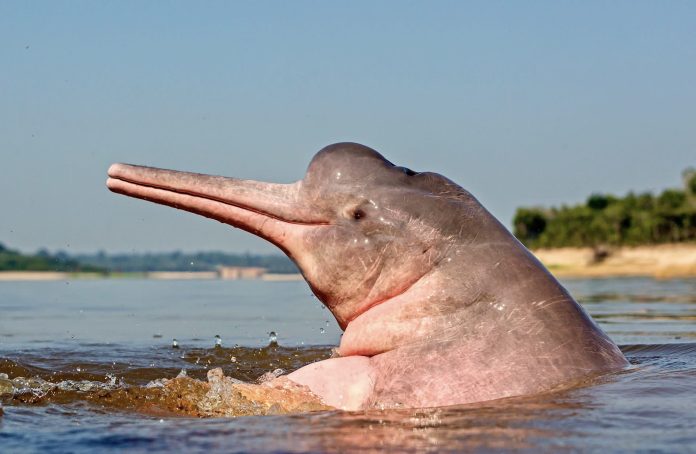You can help all animals and our planet by choosing compassion on your plate and in your glass. #GoVeg
RELATED ARTICLES
Pressure Mounts For Arizona To Ban Dog Pack Hunting Of Mountain Lions, Bears & Other Critical Species
Conservation groups have submitted a petition to the Arizona Game and Fish Commission urging a ban on the use of dog packs for hunting...
Help Save Millions Of Lives This Holiday By Choosing Compassion On Your Plate; Adopt A Turkey Today!
As Thanksgiving approaches, we hope you enjoy a warm and safe holiday. We encourage you to make a compassionate choice by leaving animals off...
Giraffes Are One Step Closer To Receiving Vital Endangered Species Act Protections
In response to a petition and subsequent lawsuit by conservation and animal protection organizations, the U.S. Fish and Wildlife Service (USFWS) has proposed listing...
Popular stories
News
California Becomes The 1st State To Ban The Use Of Plastic Bags For Produce; Newly-Signed Law Goes Into Effect In 2025
California’s Governor Gavin Newsom signed a new bill into law on September 30th that will ban the use of plastic bags used for produce beginning...
Healthy Living
A Record $824 Million Has Been Invested In Alternative Protein Companies In 2019; $930 Million Already Invested In The First Quarter Of 2020
New reports released today by the nonprofit The Good Food Institute (GFI) reveal that record investments have been made globally in 2019 and in the...
Policy
Breaking! Bill Aiming To Stop The Wildlife Trade For Human Consumption Just Reintroduced In The U.S. House Of Representatives
The Preventing Future Pandemics Act was just reintroduced in the U.S. House of Representatives to address the spillover of emerging infectious diseases from wildlife...



